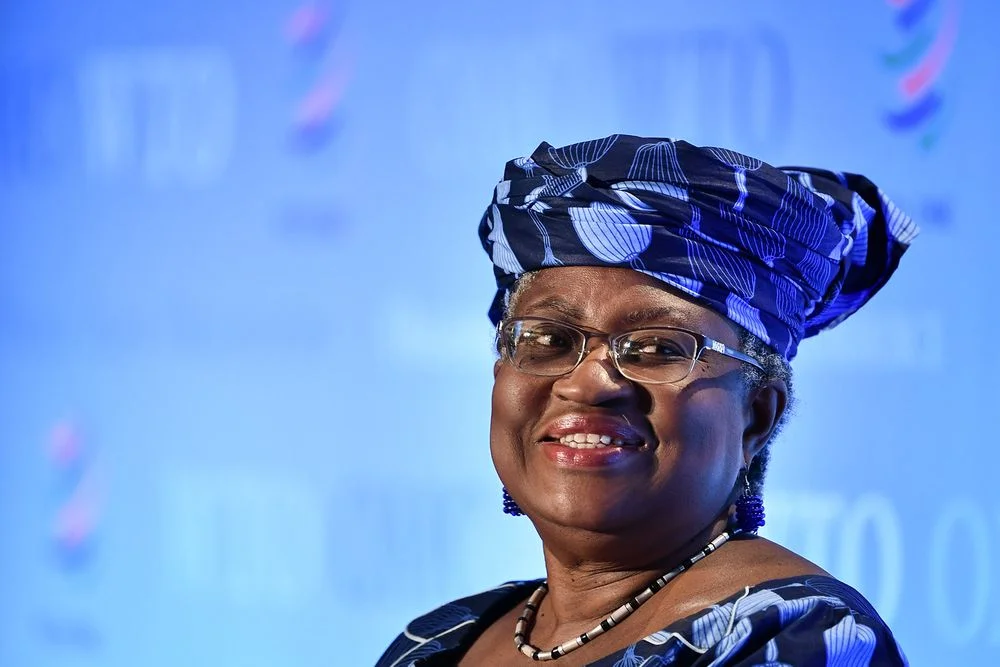The director general of the World Trade Organization (WTO) has said that the G20 should be looking into blockchain solutions to close the gender gap, as the technology could also be of help to women.

Blockchain technology, according to Ngozi Okonjo-Iweala, the director general of the World Trade Organization and former Nigerian foreign and finance minister, might help empower unbanked and underbanked women around the world.
Kristina Cornèr, the editor-in-chief of Cointelegraph, spoke at the G20 High Level Independent Panel on Financing the Global Commons for Pandemic Preparedness and Response today, asking regulators and lawmakers how blockchain technology could help promote financial inclusion for women during COVID-19 and beyond.
Out of multiple individuals on the panel, including officials from the United States and Singapore, Okonjo-Iweala, a co-chair, was the only one to speak on women in blockchain.
“for sure, blockchain brings more transparency to the way business is done and eliminates intermediaries,” said the WTO director-general.
“I believe that the capacity to include this into transactions, particularly in the finance sector, might be particularly useful to women who are frequently denied access to finance. I believe this is a wonderful idea, and it is something we should investigate.”
In many nations, women have had more difficulty accessing financial services than males, a problem that may have been aggravated by the pandemic’s closure of many financial institutions.
Many experts have suggested that cryptocurrency and blockchain technology be used to promote financial inclusion in areas lacking the same infrastructure as developed countries, particularly in areas where women may face long travel times to access credit providers, restrictions on opening bank accounts, and even being denied the right to legally own property.
Women are still underrepresented in the blockchain and crypto industries, according to a World Economic Forum research released in April.
The World Trade Organization has previously stated that women’s economic empowerment is a priority for the organization in terms of wealth generation and poverty reduction, with the organization providing digital solutions:
“E-commerce conducted through online platforms can be an easy and inexpensive way for women to trade globally, to enter new foreign markets, to expand their businesses and to harness their entrepreneurship.”
The use of digital currencies as a form of payment, as well as blockchain for banking and other purposes, could be a natural extension of this viewpoint.
It’s uncertain how particular economies would react, as some rich countries reopen despite high vaccination rates while others remain partially or completely closed.
